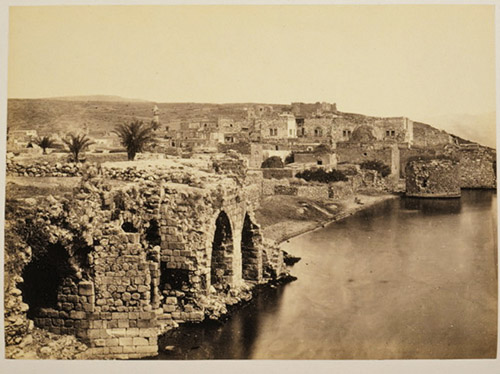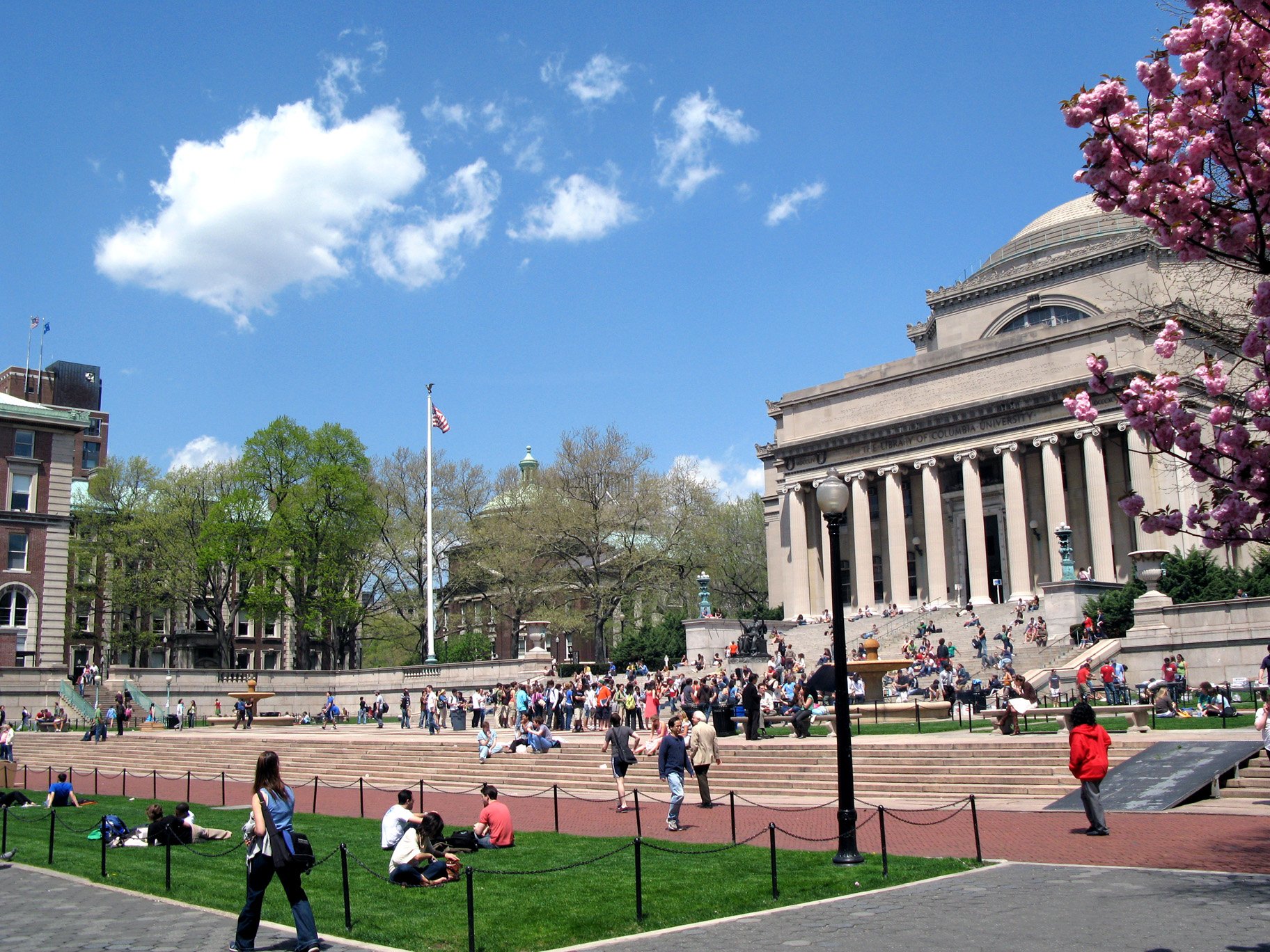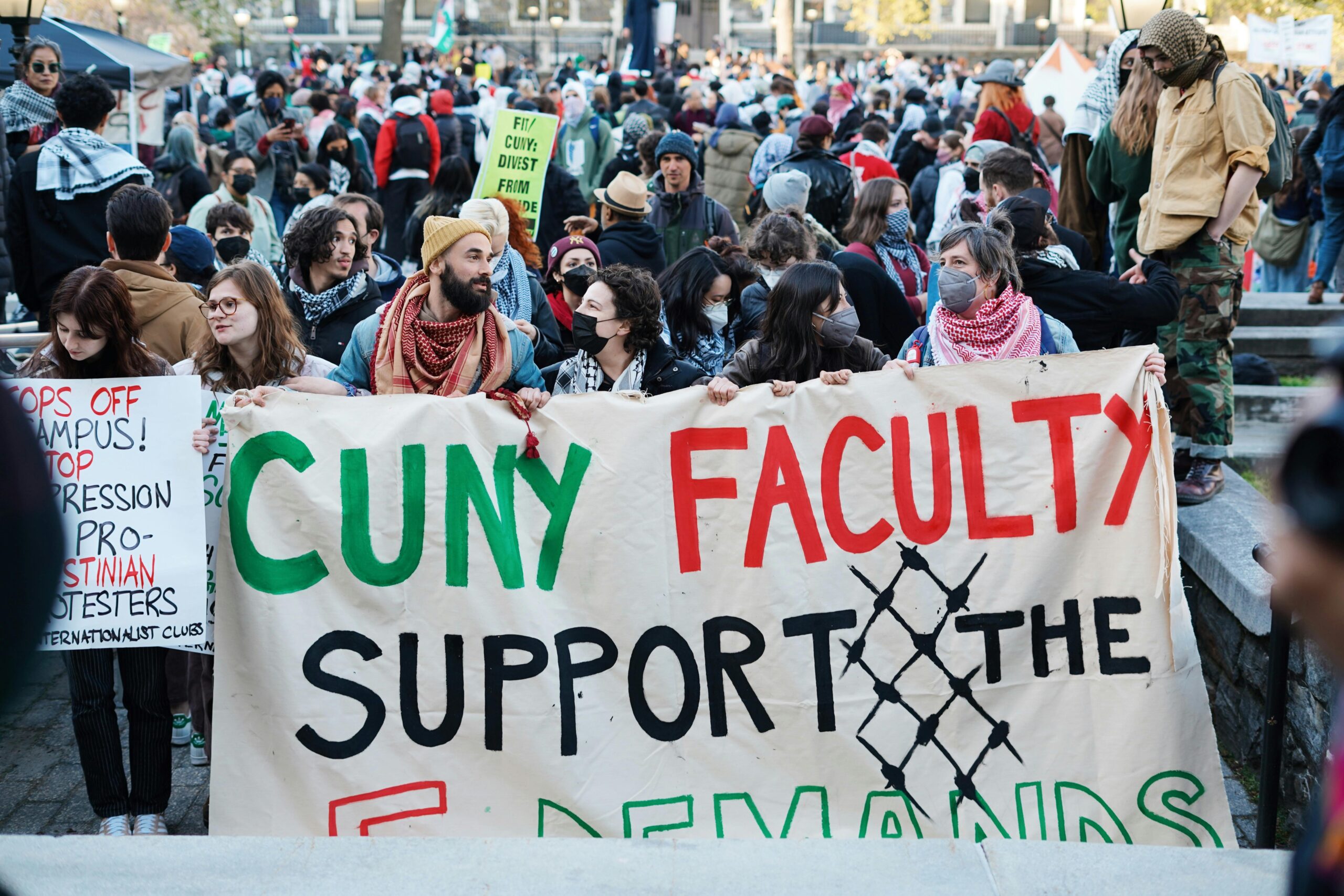
A verse in Devarim declares לֹא תִתְגֹּדְדוּ, that the Jewish people, who are Hashem’s children, and His select and consecrated nation, shouldn’t gash themselves in mourning. Midrashically, it also connotes that they shouldn’t form separate factions (agudot) with distinct and incompatible practices, but should be Hashem’s unified people.
In our sugya (Yevamot 13b), Rabbi Shimon ben Lakish mentions this drasha to his teacher/colleague, Rabbi Yochanan, asserting it should apply to different groups reading the Megillah on different days. The Mishnah (Megillah 2a) declares that the Megillah is (potentially) read on the 11th through the 15th of Adar. Cities surrounded by walls from the days of Yehoshua bin Nun read on the 15th. Other villages and large towns read on the 14th. However, the Sages decreed that village residents may have an earlier reading, the previous Monday/Thursday market day, since there might not be a competent reader in the villages.
Who is Reish Lakish’s target? Is he picking a fight with Mordechai and Esther/Anshei Knesset HaGedolah? The 14th and 15th are mentioned in the Megillah for the first Purim. Esther 9:17-18 describes that Purim celebration, with divergent days for Shushan and elsewhere based on when the battle ended. Verse 19 describes a continuing practice of celebrating the 14th in unwalled towns; verse 22 describes instituting two separate days; and verse 27 describes accepting these two days. Some interpretation is necessary—that not everyone celebrates both days—but that’s fairly evident within the text. Does Reish Lakish think this Biblical enactment violates לֹא תִתְגֹּדְדוּ? Is he attacking the interpretation? The extension to earlier market days, also based on a drasha (by Rabbi Yochanan) and attributed to the Anshei Knesset HaGedolah? Finally, is his attack on the concept or against contemporary practice?
Rabbi Yochanan already (2a) declared that reading on preceding market days was not practiced, either because the Mishnah was based on Rabbi Akiva’s midrashic methodology, but his colleagues argued, or because of changed circumstance. If Reish Lakish attacks Rabbi Yochanan’s contemporary practice as לֹ֣א תִתְגֹּֽדְד֗וּ, this wouldn’t target market days, and vice versa. If the issue is 14th vs. 15th, it makes more sense.
Practical Impact
Rabbi Yochanan was born in Tzippori, but after halachic disagreement with Rabbi Chanina there he established an academy in Teveriah. Reish Lakish lived most of his life in Tzippori, but that was close to Teveriah.
Yehoshua 19:35 lists some fortified cities in Yehoshua’s time: Tziddim, Tzer, Chammat, Rakat, and Kinneret. This is relevant because such cities read the Megillah on the 15th. Rabbi Yochanan (Megillah 5b-6a) relates that, as a youth, he mapped Chammat to Teveriah, Rakat to Tzippori, and Kineret to Ginosar. Others disagreed, mapping Chammat to Chamei Gerar, Rakat to Teveriah, and Kineret to Ginosar. The Gemara apparently adopts the latter mapping. Regardless, Teveriah is walled, but Tzippori is in dispute.
However, Sages disagreed as to Teveriah’s status. Rabbi Yehuda HaNasi planted a sapling on Purim (5b). He lived 17 years in Tzippori, applying to himself the verse about Yaakov living in Egypt for 17 years (Yerushalmi Kelaim 32a). He also lived in Teveriah. The Gemara interprets this sapling incident as him planting on the alternate day than was celebrated in his place. First, it suggests he planted on Adar 15. However, since he lived in Teveriah, it suggests he planted on the 14th. Meanwhile, Chizkiya (son of Rabbi Chiyya) kept both days in Teveriah out of doubt. The Gemara clarifies that he wasn’t unsure about the (latter) drasha mapping Rakat to Teveriah. Rather, one side of Teveriah isn’t a physical wall, but is protected by bordering the sea. Chizikya was uncertain whether that counted. Chizkiyah was Rabbi Yochanan’s teacher.
It’s therefore possible that reading the Megillah on the 14th vs. the 15th was an immediate and practical, rather than merely conceptual, concern. Perhaps some people in Teveriah read on both days (like Chizkiyah) and others only on the 15th (like Rabbi Yehuda HaNasi). I don’t know how Rabbi Yochanan ruled. Meanwhile, depending on Rabbi Yochanan’s drasha or the alternative, perhaps some people in Tzippori read on the 14th and some on the 15th, or kept both days. This could violate לֹא תִתְגֹּדְדוּ, and impacts Reish Lakish!
Tangentials
Reish Lakish says to Rabbi Yochanan, אָמֵינָא לָךְ אֲנָא אִיסּוּרָא וְאַתְּ אָמְרַתְּ לִי מִנְהָגָא, “I speak to you of prohibition and you speak to me of custom.” This phrase similarly appears in Niddah 66a, where Rava says it to Rav Pappa. Our sugya has a lengthy interjection justifying why Megillah reading involves law rather than custom, quoting Rav Shemen bar Abba quoting Rabbi Yochanan. Now, Reish Lakish surely didn’t make this interjection to indirectly quote his interlocutor! It’s the Stamma interjecting/explicating for our benefit. The quote is a transfer from Megillah 2a. However, here it purportedly refers to the 14th and 15th not reading on the others’ day (see Rashi), while in the original sugya, it’s used to hint to the preemptive market days.
Abaye and Rava discuss whether לֹא תִתְגֹּדְדוּ exists with two courts in different cities ruling differently. Abaye says it’s allowed only in two cities. Rava allows even in a single city, and the issue within a single court. Rif rules like Rava but Rambam (Hilchot Avodah Zara 12:14) rules like Abaye! Meanwhile, Rabbi Yochanan left a city, Tzippori, to establish the Teveriah academy because of divergent rulings with Rabbi Chanina ben Sisi (Yerushalmi Sheviit 9:1).
Rabbi Dr. Joshua Waxman teaches computer science at Stern College for Women, and his research includes programmatically finding scholars and scholastic relationships in the Babylonian Talmud.













